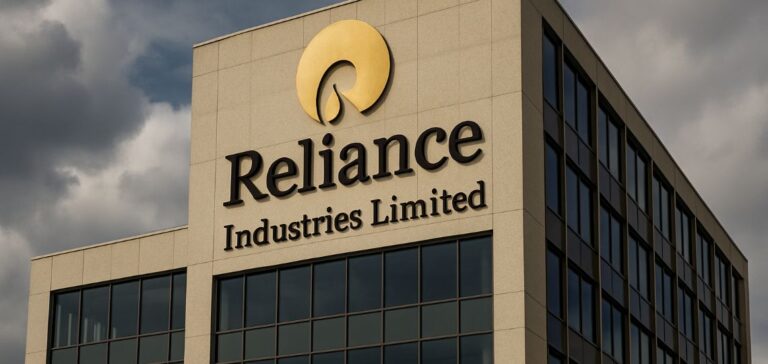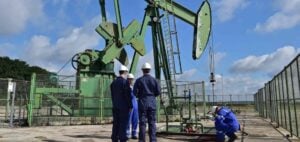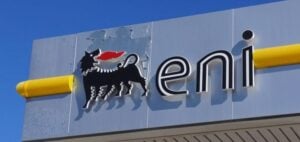Reliance Industries Limited (RIL), led by Mukesh Ambani, will invest $18 billion to accelerate its activities in new energy and petrochemical expansion, according to an official company presentation. This move marks a strategic milestone in the group’s industrial transformation.
Acceleration of solar production and energy storage
The company announced the commissioning of its first heterojunction (HJT) solar module manufacturing plant with a one-gigawatt capacity. It plans to expand this capacity to 10 gigawatts by 2026, which should add approximately $720 million to its earnings before interest, taxes, depreciation and amortisation (Ebitda). Engineering work covering the entire value chain — polysilicon, modules, glass and polyolefin elastomer (POE) — has been completed.
Reliance Industries is also developing a complete battery manufacturing chain using lithium iron phosphate (LFP) technology, aimed at large-scale energy storage. Production will start with battery packs in 2026, progressively moving towards full cell manufacturing.
Strengthening infrastructure and production capacities
In parallel, Reliance has secured vast land tracts in the Kutch region, known for its high solar radiation, to support annual electricity production of up to 150 billion units. A dedicated transmission line is also under construction from Jamnagar to link future energy production sites.
In the port city of Kandla, the company is developing a 2,000-acre industrial area for its green hydrogen project, in partnership with Norwegian company Nel ASA. Construction of the electrolyser plant is progressing, with full complex operations expected by the end of 2025 or early 2026.
Ramp-up capacity and energy diversification
The solar production facilities, deployed over more than 5,000 acres, are designed for a quick scale-up to a 20-gigawatt annual capacity if necessary. Reliance Industries has also obtained certification from the Bureau of Indian Standards (BIS) for its solar modules reaching up to 720 watt-peak, among the highest performing on the market.
The battery division plans a production capacity of 30 gigawatts, integrating the stages of battery material manufacturing, cells and packs. This strategy aims to secure supply for its future integrated energy projects.
A complete integration model across the energy value chain
According to Reliance executives, the full integration of the solar and battery value chain will efficiently support green hydrogen production. “We are building a fully integrated energy platform, unique at this scale,” a company executive said.
Solar panel production has already started at the industrial site, with advanced automation and optimised manufacturing processes to ensure competitiveness and economies of scale. The project anticipates a rapid capacity increase to meet domestic demand and export markets.





















